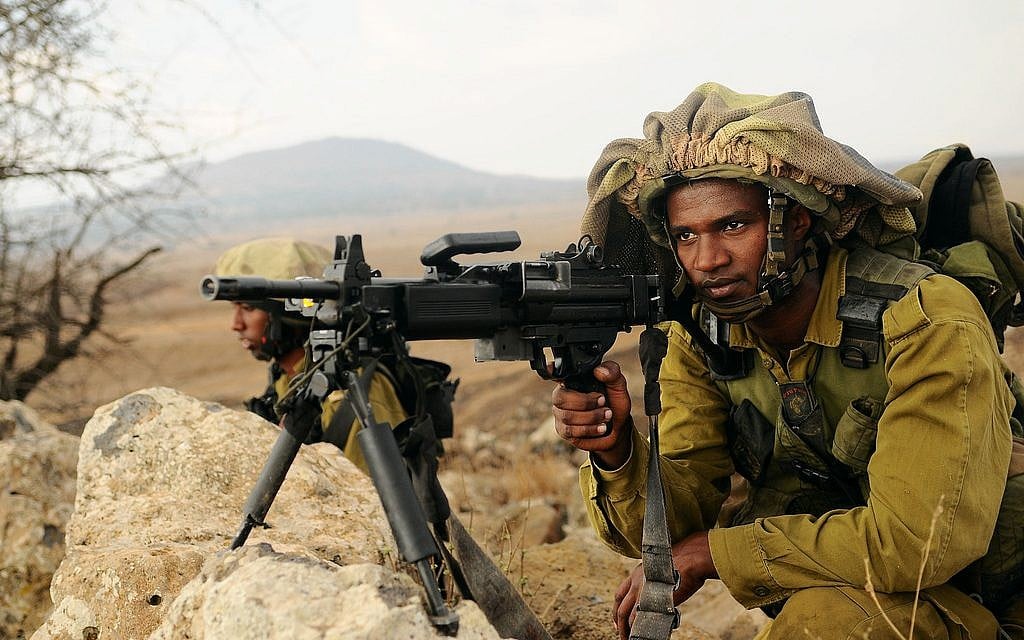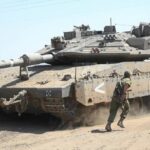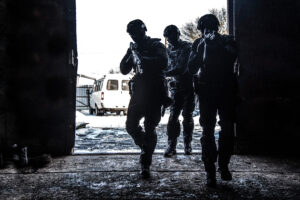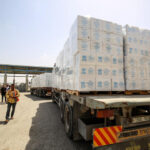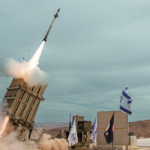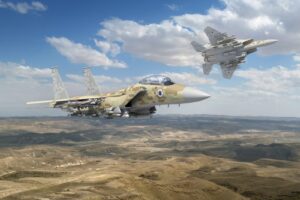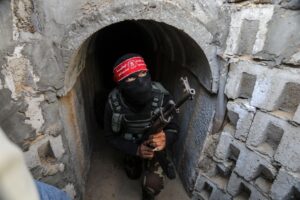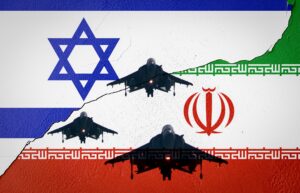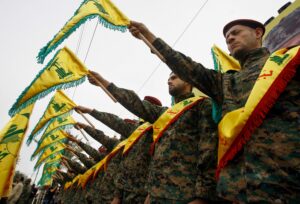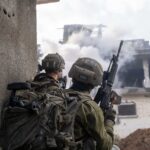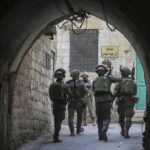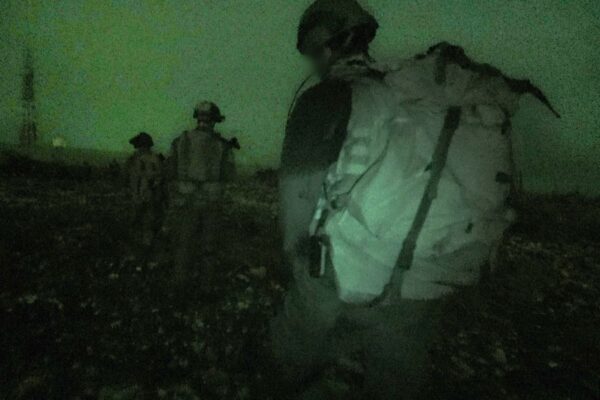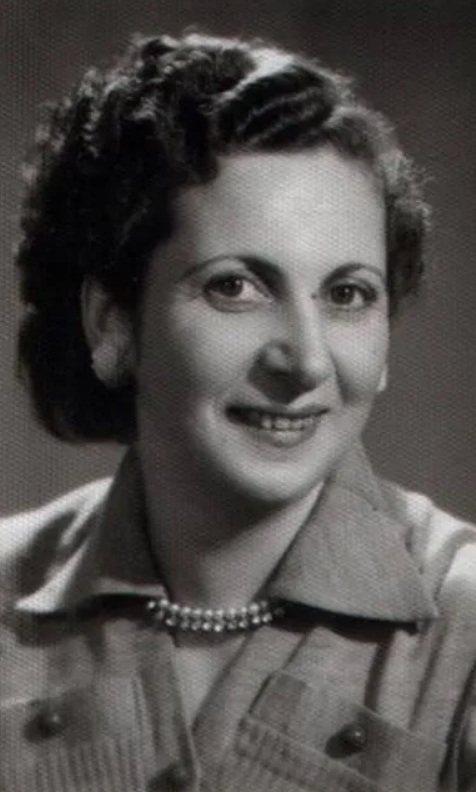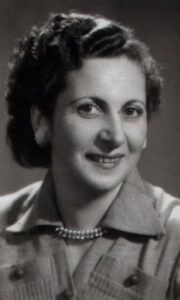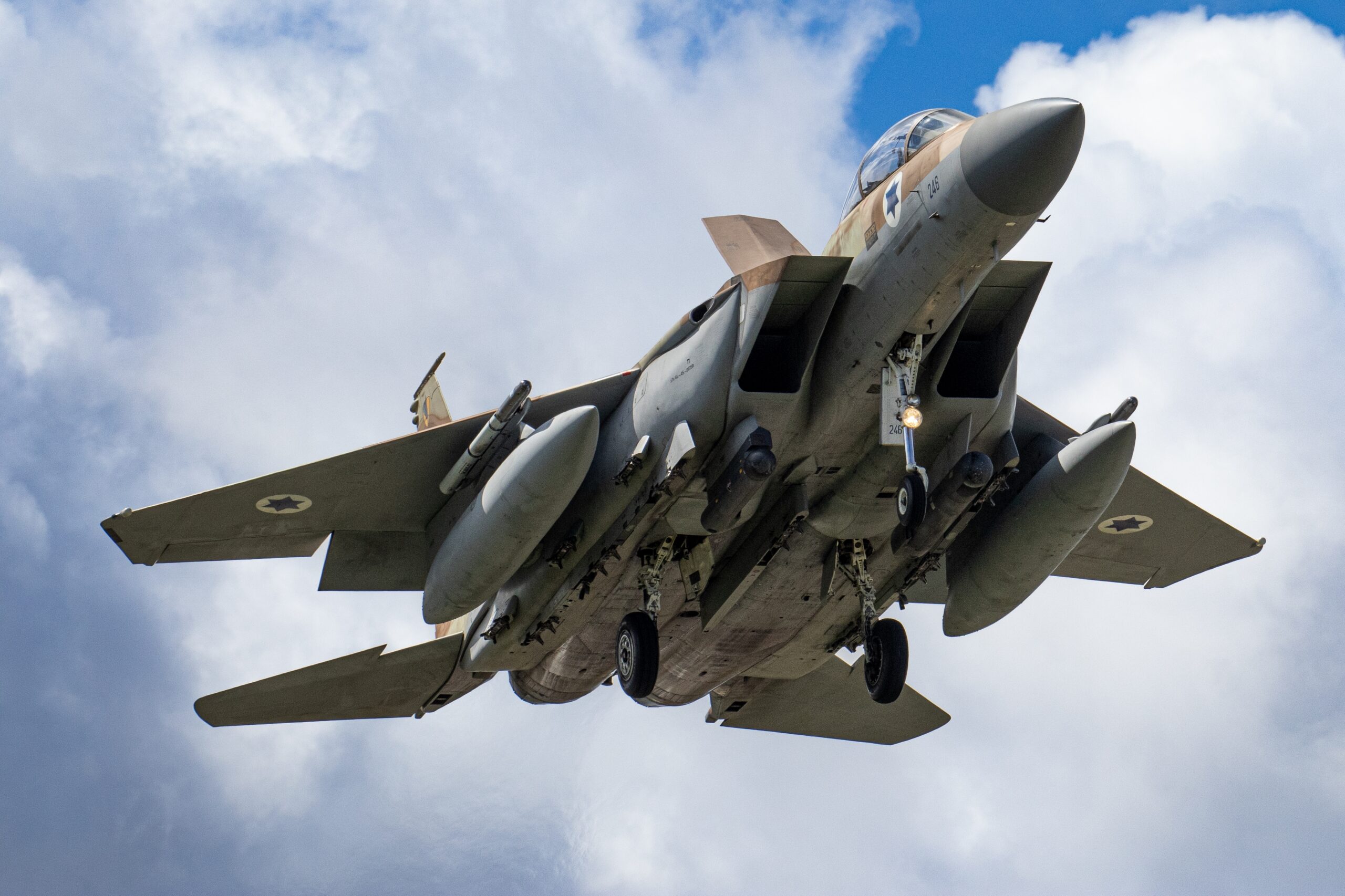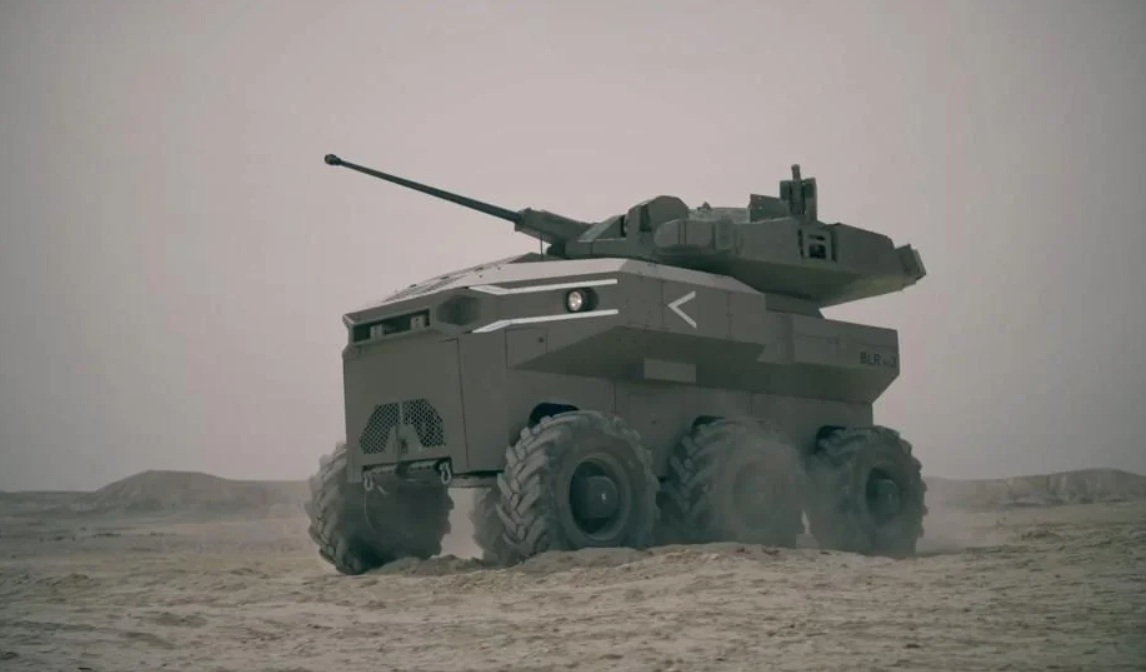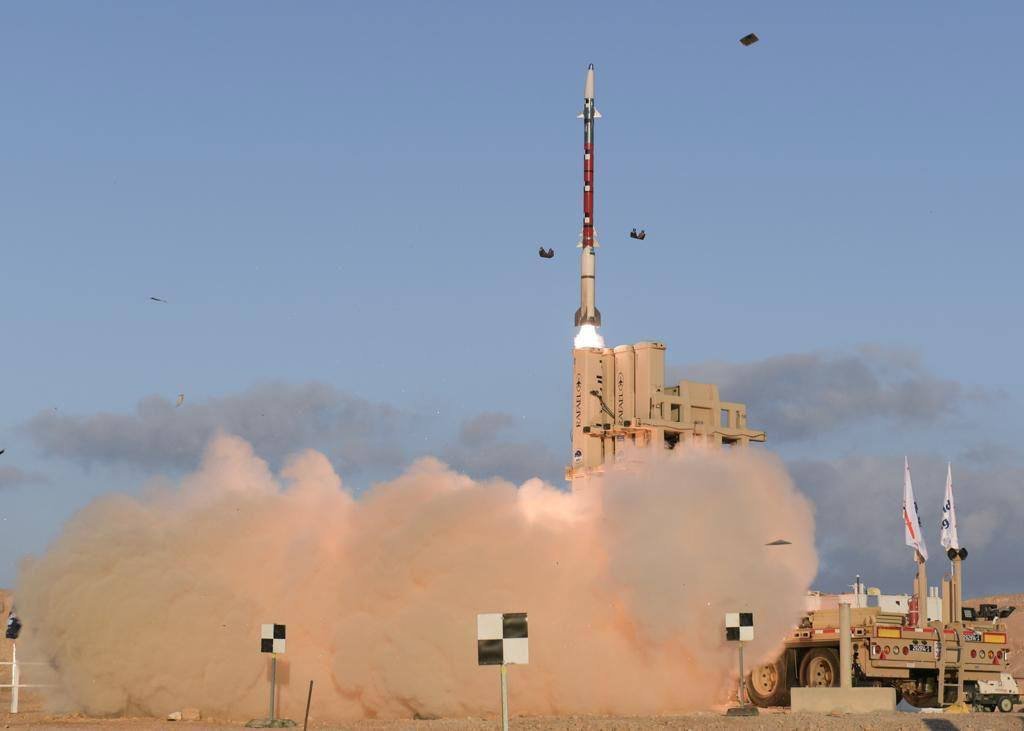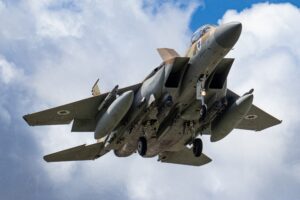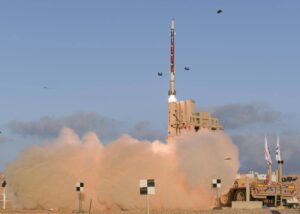The community has one of the highest enlistment rates in Israel.
By Hezy Laing
The story of Ethiopian Jews in the IDF is one of resilience, patriotism, and rising leadership.
From daring rescue missions to commanding elite units, members of the Beta Israel community have carved a powerful legacy within Israel’s military.
The modern chapter began with mass immigration waves: Operation Moses in 1984 and Operation Solomon in 1991.
These covert missions airlifted thousands of Ethiopian Jews from war-torn regions of Sudan and Ethiopia to Israel.
Many arrived with little more than the clothes on their backs, but carried deep spiritual ties to Jerusalem and a fierce determination to contribute to their new homeland.
One of those immigrants was Tzion Shenker, who walked with his family from Ethiopia to Sudan as a child before being airlifted to Israel.
Years later, he would become the IDF’s first Ethiopian battalion commander, serving in the elite Kfir Brigade.
His promotion to lieutenant colonel marked a historic milestone, and he has expressed aspirations to become the IDF’s first Ethiopian major general.
Another trailblazer is Lt.-Col. Tzion Ankur, who also arrived in Israel at age four after a similar journey. He rose through the ranks to become the first Ethiopian-born Regiment Commander in the IDF, leading the Shimshon Regiment in the Kfir Brigade.
His leadership journey included roles in the Paratroopers, Bahad-1 Officers Training Base, and the Haruv Regiment.
Today, over 4,000 Ethiopian-Israeli soldiers serve in the IDF, with about 5% holding officer ranks.
The community has one of the highest enlistment rates in Israel—over 85% of males and 50% of females join the military.
Half of the males serve in combat roles, reflecting a deep commitment to national defense.
As of mid-2025, approximately 40 Ethiopian-Israeli soldiers have fallen in combat since the outbreak of the war following the October 7 attacks.
This number represents a disproportionately high toll, given that Ethiopian Israelis make up only about 1.7% of Israel’s population, yet account for 4.5% of military deaths in this conflict.
The rise of Ethiopian officers in the IDF is more than a personal triumph—it’s a symbol of the community’s integration into Israeli society and its role in shaping the nation’s future.
Their stories inspire younger generations and affirm that leadership knows no ethnic boundaries.


